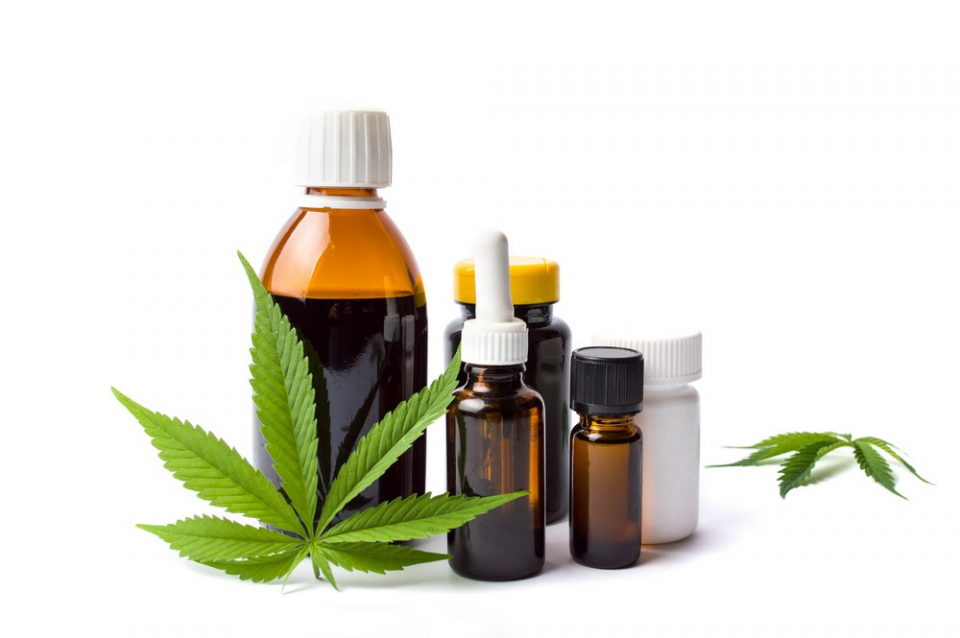Take a look at the medical cannabis website put together by the state of Utah and you will discover that the terms ‘marijuana’ and ‘dispensary’ are used quite sparingly. That’s by design. By contrast, companies in the medical cannabis space are more willing to use the two terms. What gives? Is it just a matter of semantics?
At the risk of being noncommittal, yes and no. The difference between cannabis and marijuana is semantic in some cases. In other cases, it’s not. It really depends on the conversation and who’s having it. And when it comes to state law, the terms used are chosen for very specific reasons.
Marijuana Is Cannabis
The place to start in clearing up the confusion is talking about marijuana and cannabis. For starters, marijuana is a type of cannabis. So is hemp. In fact, there are numerous species that fall under the cannabis genus. As far as marijuana and hemp go, there are dozens of combined strains between them.
Knowing that, there is a significant difference between marijuana and cannabis from a legal standpoint. Marijuana remains a Schedule I substance under federal law. That means it is illicit. It is illegal in the eyes of federal authorities. On the other hand, hemp is not. Hemp is legal at the federal level as well as in all fifty states. Yet hemp is still cannabis.
This is why states often prefer the term ‘medical cannabis’ over ‘medical marijuana’. Take Utah, for example. The people at Provo’s Deseret Wellness cannabis pharmacy say the state prefers to avoid talking about marijuana and dispensaries.
There are two reasons for the state’s preference. The first is a matter of truthfulness. Utah law allows for medical products derived from both marijuana and hemp. Marijuana products contain legally allowed levels of THC. Hemp products contain CBD. If you know anything about cannabis, you know that THC and CBD have quite different effects on the endocannabinoid system.
A Conscious Medical Choice
The second reason Utah prefers to avoid certain terms is their desire to maintain a strictly medical program. As far as state legislators are concerned, cannabis will never be more than a medical product unless, and until, it is decriminalized at the federal level. Even at that, Utah lawmakers are wary of going full recreational.
By insisting that cannabis dispensaries be referred to as pharmacies, the state is making a concerted effort to maintain the appearance of a medical-only environment. The same goes for speaking of cannabis rather than marijuana. The last thing lawmakers want to do is invite the idea of marijuana legalization. So to help prevent that, they just stay away from the terms altogether.
It’s Semantic to Users
It is clear that the differences between medical cannabis and medical marijuana are not merely semantic to state lawmakers. It’s a safe bet that users don’t see it that way. To them, it doesn’t really matter whether you call the product cannabis or marijuana, as long as it works. They also couldn’t care less whether they buy their medicine from a dispensary or pharmacy.
The interesting thing about all of this is how it relates to public perception. Scientific definitions aside, the public has certain perceptions of marijuana and those who use it. So to avoid confusion over medical and recreational use, some people prefer to use specific terms.
In the end, it doesn’t really matter. What matters is that people have access to medical marijuana in states where it is legal. The words they use when talking with medical providers and dispensary operators is really a non-issue.

